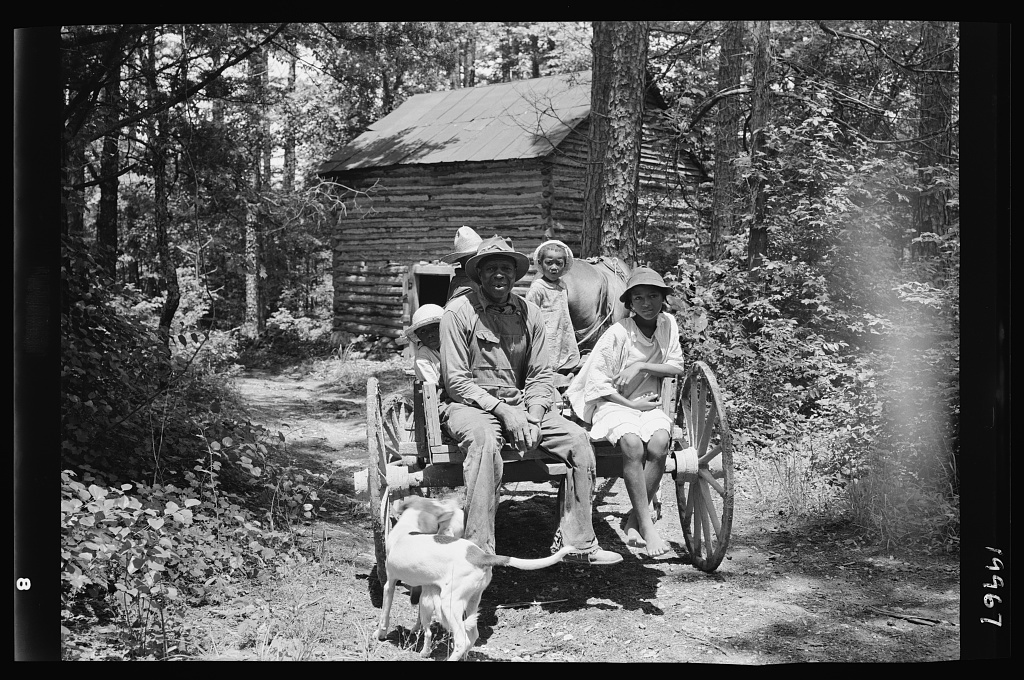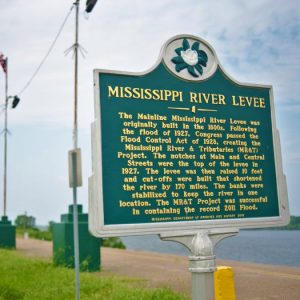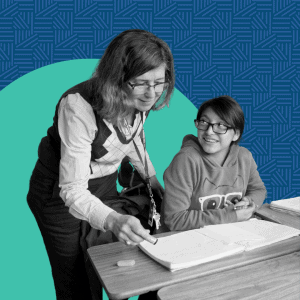
From Sharecropping to School: The Truth About Emancipation
06/19/2022

Working to Live After Emancipation
As I reflect on Juneteenth, our newest federal holiday, I can’t help but think of my mother. Though school didn’t teach me about that day in Galveston when my people gained their freedom, my mother made sure I learned about what followed.
My mother and her siblings grew up in rural Louisiana, raised on a farm by their grandparents. They tended to the land day in and day out, but it was not theirs to own. It belonged to a white family. They were sharecroppers.
After the Civil War, freed Black Americans sought jobs, and land owners sought laborers. Enter sharecropping, a system by which land owners leased their land to tenant workers in exchange for a portion of the crops. Keep in mind that these land owners were often the very people who once enslaved the Black Americans. And in some cases, the newly freed Black Americans continued working the land they once worked while enslaved. Very little changed.

Because of laws that favored landowners, sharecroppers were often unable to sell their crops to anyone other than the landowner, who could enact unscrupulous practices and prices, keeping the sharecropper in debt and bound to work the land for the foreseeable future. Very little changed in the lives of newly freed Black Americans.
Freedom Was Not Free
Growing up, my mother and her siblings picked cotton early in the morning, broke for school, and then returned to the fields in the evening. While they planted and harvested other crops, cotton was king (in other parts of the country, farmers grew other cash crops like tobacco or rice).
My mother hated every moment of working that land. Every harvest bonded them tighter to debt, forcing them to weather a type of poverty that many would find incomprehensible. My mother hated that they lived in a direct vestige of slavery. But she found the possibility of freedom in the classroom.
My mother saw education as her key to escaping poverty, the key to emancipation. Those who enslaved often prohibited enslaved Black Americans from gaining an education. As my mother saw peers drop out of school, continuing the cycle of poverty and debt, she knew that would not be her future. She found mentors and guides in her teachers. People to encourage her love of learning, people who helped her and her siblings carve a path toward real opportunity.
When my mother returned home from school, she worked the land until sundown. She would then pick up her school books, sit outside under the solitary street light, swarmed by bayou beasts, and do her homework in the dark of night. She graduated valedictorian from her high school and earned a full ride to college.
My mother’s story is one irreplaceable volume in an endless anthology of others like hers preserved by the great oral tradition. I never read this history in a school book. No one ever taught it to me in a classroom. My mother’s, grandmother’s, and great-grandmother’s experiences have almost been written out of history, and if some factions have their way, they will be.
We Make the Future
I hope that recognizing Juneteenth means we will continue to excavate deeper historical truths. Through these truths, I hope we can learn more about each other, build empathy, recognize our power, and uncover the tools our ancestors left us to forge a better future.
I’m so proud of my mother, and I look forward to the day my daughter hears a story like my mother’s—if not her story—in the classroom. For what is more American than the journey of a sharecropper turned scholar?
Additional reading: Last year, Leading Educators shared reflections on Juneteenth and the role of the educator.








